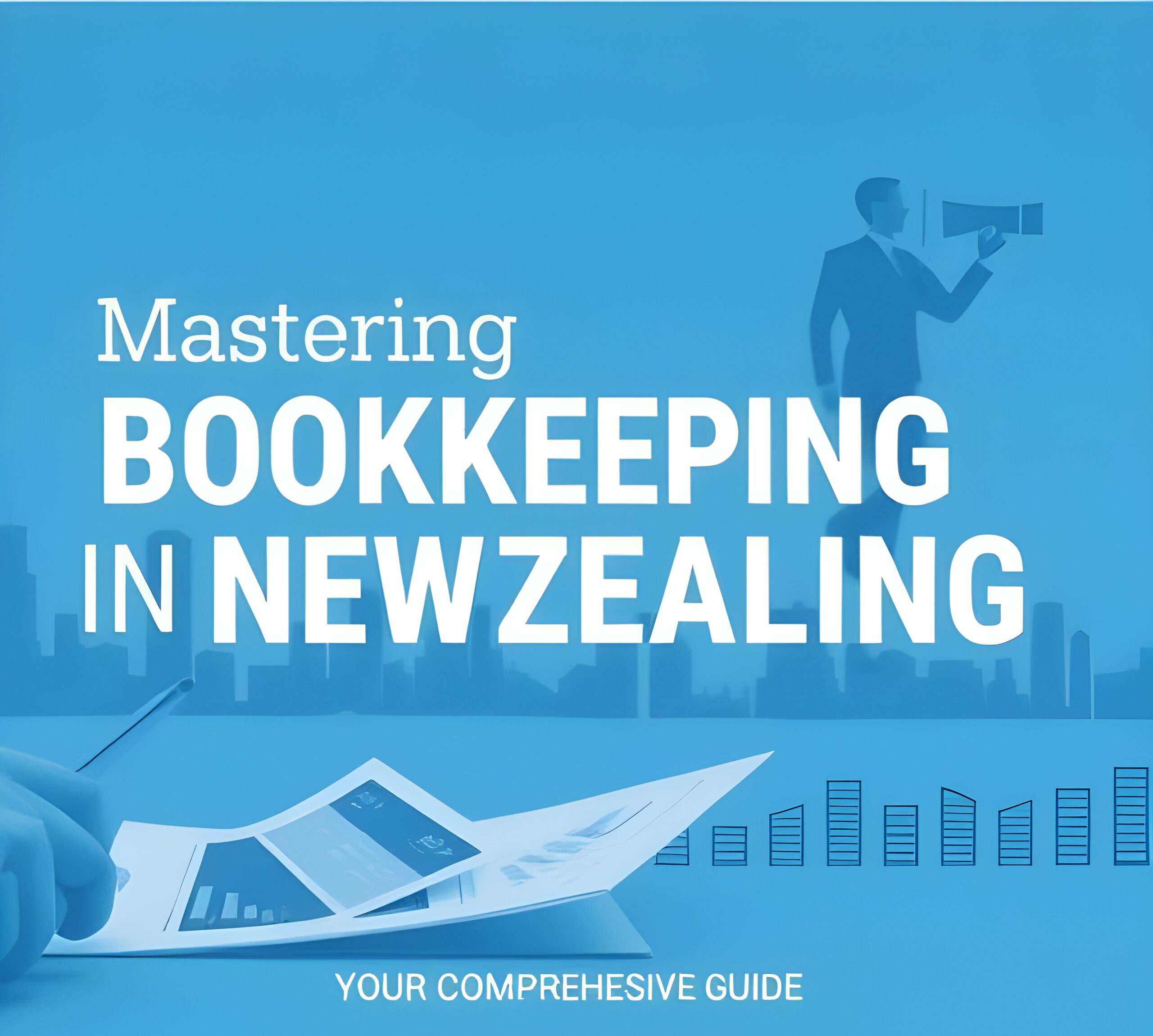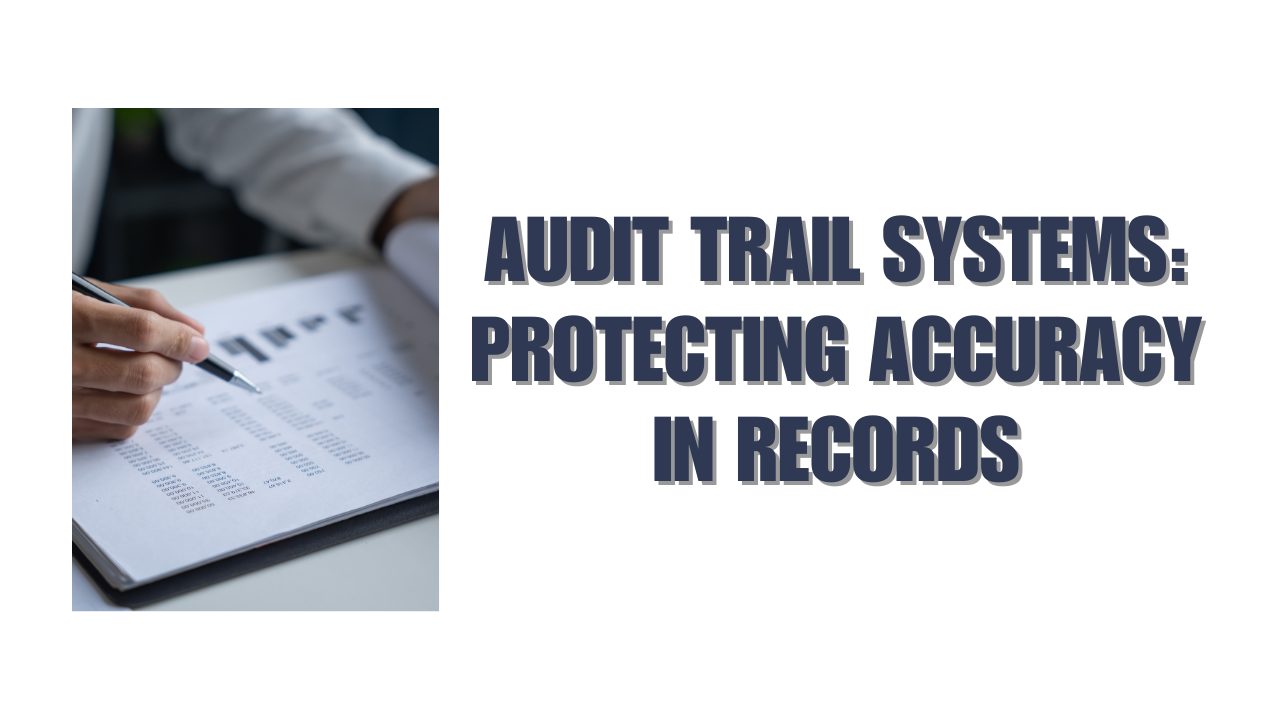In the dynamic landscape of New Zealand’s business environment, effective bookkeeping is crucial for the success and sustainability of any enterprise. Accurate financial records not only ensure compliance with legal obligations but also provide valuable insights into a company’s financial health. This comprehensive guide delves into the essentials of bookkeeping in New Zealand, highlighting best practices, regulatory requirements, and how partnering with experts like Aurora Financials can streamline your financial management.
Understanding Bookkeeping in New Zealand
Bookkeeping involves the systematic recording, organizing, and maintaining of financial transactions within a business. In New Zealand, this practice is vital for businesses of all sizes, ensuring transparency and accountability in financial reporting. Proper bookkeeping supports informed decision-making, facilitates tax compliance, and enhances the ability to secure financing.
Key Components of Effective Bookkeeping
1. Accurate Record-Keeping
Maintaining precise records of all financial transactions is foundational to bookkeeping. This includes documenting income, expenses, assets, and liabilities. Utilizing accounting software like Xero can simplify this process, offering user-friendly interfaces tailored to New Zealand businesses.
2. Regular Financial Reconciliation
Regularly reconciling bank statements with your financial records ensures that all transactions are accounted for, and discrepancies are promptly addressed. This practice helps in detecting errors or fraudulent activities early.
3. Compliance with Tax Obligations
New Zealand businesses must comply with tax regulations set by Inland Revenue (IR). This includes timely filing of Goods and Services Tax (GST) returns, income tax, and other relevant taxes. Accurate bookkeeping ensures that businesses can meet these obligations without incurring penalties.
The Role of Professional Bookkeepers
Engaging professional bookkeepers can significantly enhance the efficiency and accuracy of your financial management. Organizations like the New Zealand Qualified Bookkeepers Association (NZQBA) support and certify bookkeepers, ensuring they meet high standards of professionalism and competence.
Why Choose Aurora Financials for Your Bookkeeping Needs?
Aurora Financials is a leading remote accounting and audit firm in New Zealand, offering tailored bookkeeping services to businesses across the country. Our award-winning team delivers expert solutions designed to meet your unique financial needs.
Our Services Include:
- Accounting, Financial Reporting, and Taxation: We handle your financial responsibilities with precision, ensuring compliance and optimal financial performance.
- Auditing and Assurance: Our comprehensive auditing services provide clear insights into your operations, fostering transparency and trust.
- Consulting: We offer strategic advice and practical solutions, helping you navigate complex financial landscapes and achieve your business goals.
By partnering with Aurora Financials, you gain access to a team dedicated to enhancing your financial clarity and business growth. Our remote services ensure that no matter where you are in New Zealand, you receive consistent, high-quality support.
Best Practices for Bookkeeping in New Zealand
1. Utilize Modern Accounting Software
Leveraging cloud-based accounting software like Xero or MYOB can streamline your bookkeeping processes. These platforms offer real-time financial tracking, automated invoicing, and seamless integration with bank accounts.
2. Stay Updated on Regulatory Changes
Tax laws and financial regulations can change. Regularly updating your knowledge or consulting with professionals ensures compliance and optimizes your financial strategies.
3. Implement Internal Controls
Establishing internal controls, such as segregation of duties and regular audits, can prevent fraud and ensure the integrity of your financial data.
4. Maintain Organized Records
Keeping organized records simplifies the process of retrieving information during audits or financial reviews. Implementing a consistent filing system, whether digital or physical, is beneficial.
Common Challenges in Bookkeeping and How to Overcome Them
1. Managing Cash Flow
Maintaining a positive cash flow is critical. Regularly monitoring receivables and payables and implementing effective credit control measures can help manage cash flow effectively.
2. Keeping Up with Tax Deadlines
Missing tax deadlines can result in penalties. Utilizing reminders and working with professional accountants can ensure timely compliance.
3. Handling Complex Transactions
Complex transactions, such as foreign currency dealings or large asset purchases, require careful recording. Seeking professional assistance ensures these transactions are accurately accounted for.
Conclusion
Effective bookkeeping is the backbone of a successful business in New Zealand. It ensures compliance, supports strategic decision-making, and enhances financial transparency. Partnering with experienced professionals like Aurora Financials can alleviate the complexities of financial management, allowing you to focus on growing your business. Our remote services cater to clients across New Zealand, providing expert accounting and audit solutions tailored to your needs.
Frequently Asked Questions (FAQs)
1. What is the difference between bookkeeping and accounting?
Bookkeeping involves recording financial transactions, while accounting encompasses interpreting, classifying, analyzing, and reporting financial data. Both are essential for effective financial management.
2. How often should I update my financial records?
It’s advisable to update your financial records regularly, ideally daily or weekly, to ensure accuracy and timely decision-making.
3. Can I handle bookkeeping myself, or should I hire a professional?
While small business owners can manage basic bookkeeping, hiring a professional ensures accuracy, compliance, and allows you to focus on core business activities.
4. What are the penalties for inaccurate bookkeeping in New Zealand?
Inaccurate bookkeeping can lead to penalties from Inland Revenue, including fines and interest charges on unpaid taxes. Maintaining accurate records is crucial to avoid these consequences.






